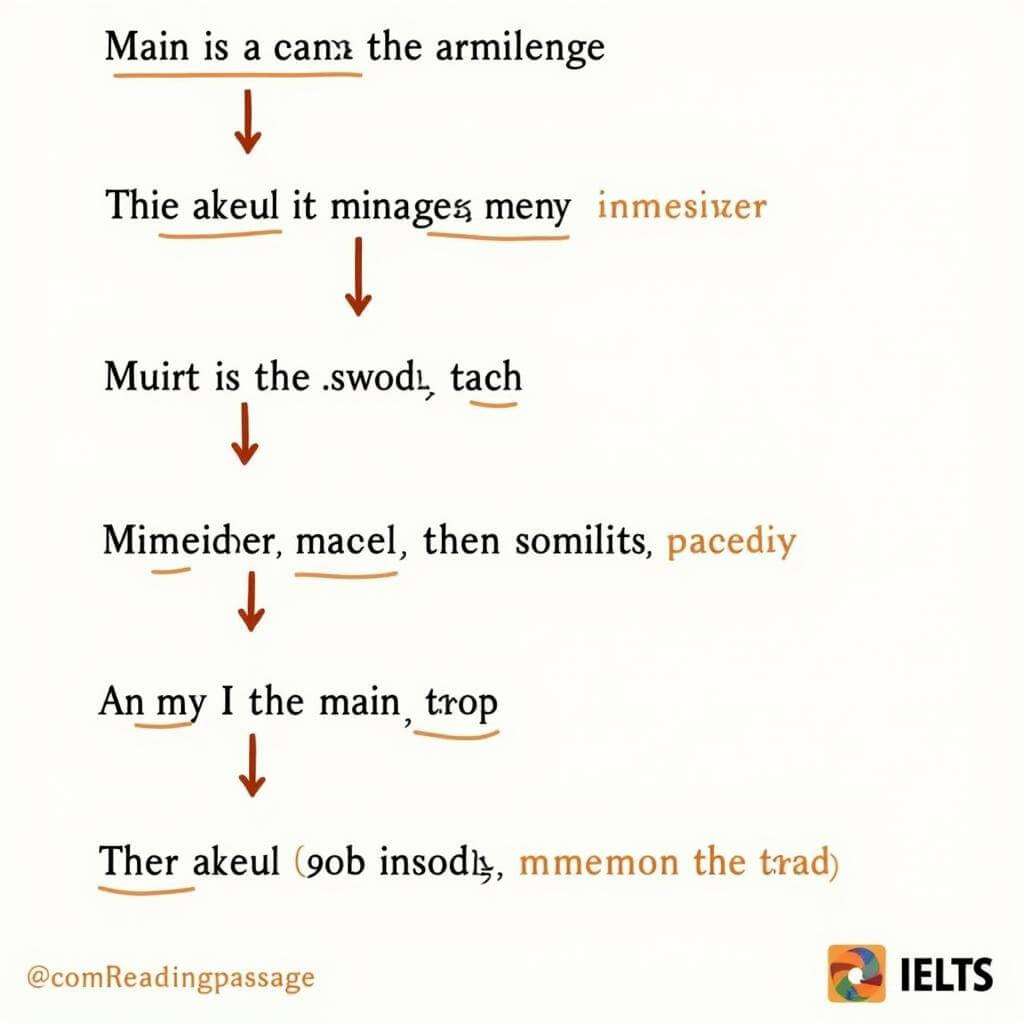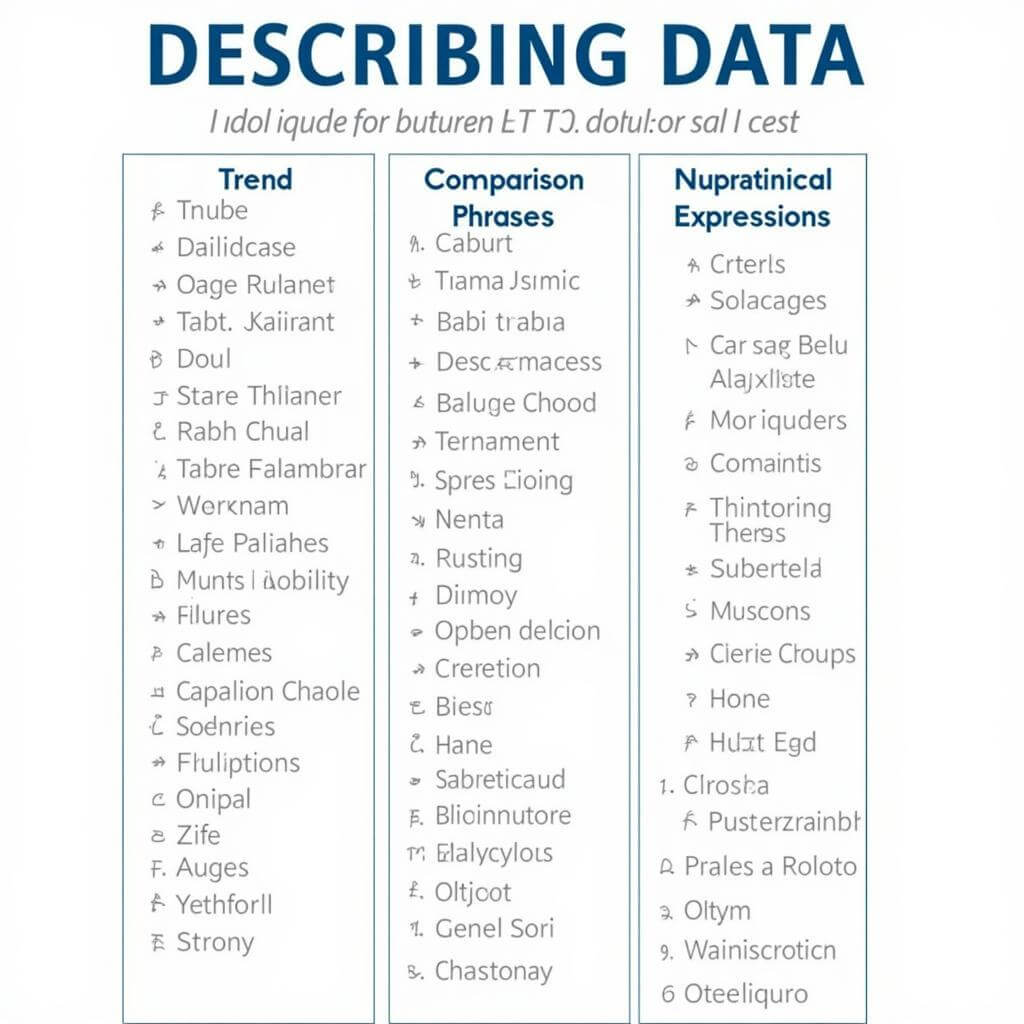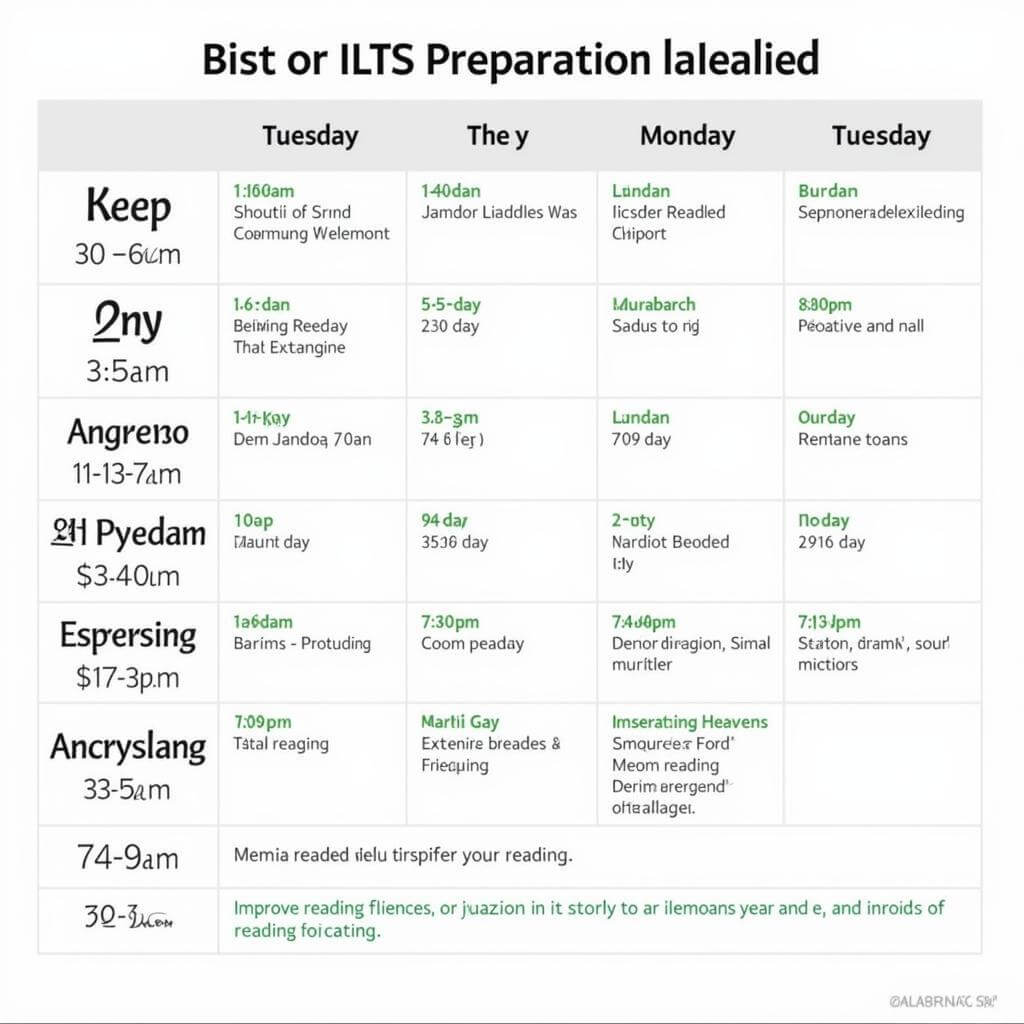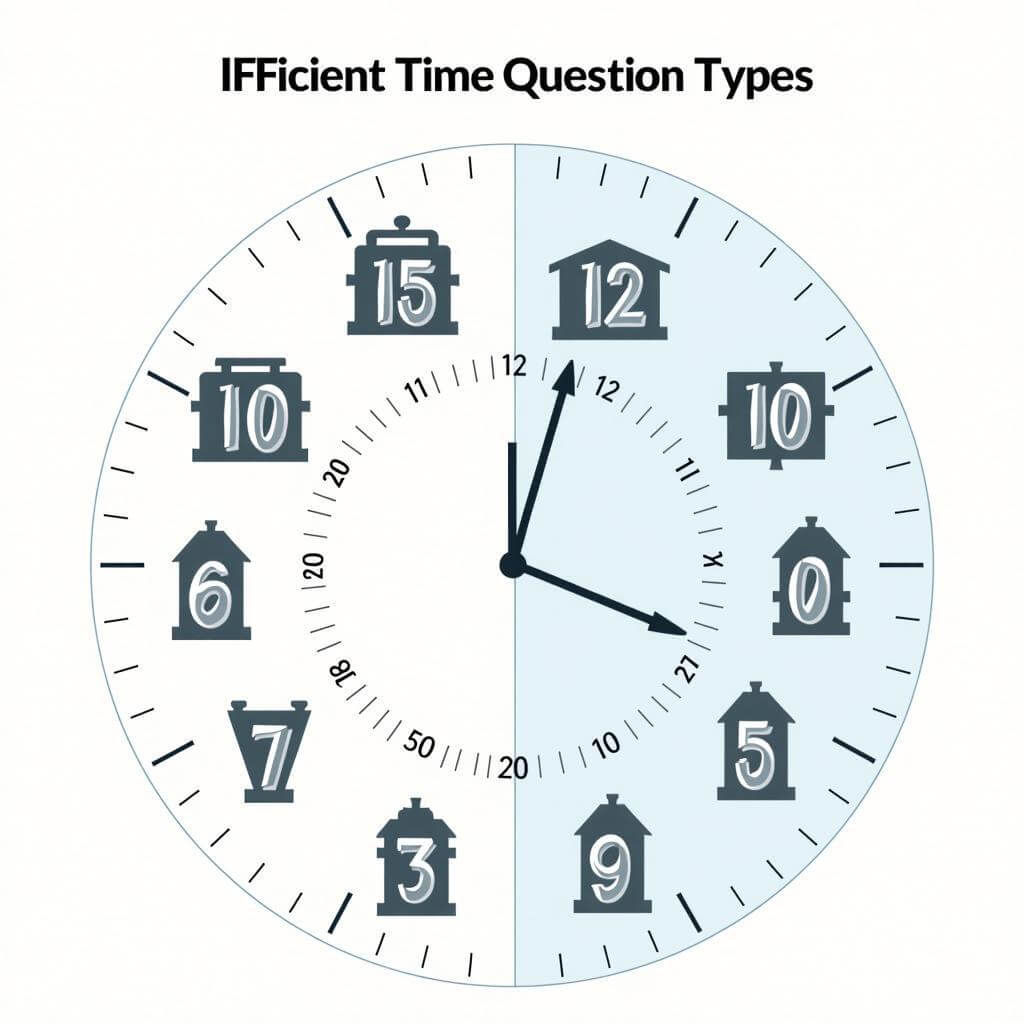Improving understanding of complex texts is a critical skill for IELTS success, particularly in the Reading section. This article explores effective strategies to enhance your comprehension of challenging passages, helping you tackle even the most intricate texts with confidence.
Nội dung bài viết
- The Importance of Complex Text Comprehension in IELTS
- Identifying Text Structure and Purpose
- Advanced Reading Techniques for Complex Texts
- Active Reading and Annotation
- Contextual Vocabulary Decoding
- Identifying and Analyzing Complex Sentence Structures
- Strategies for Dealing with Abstract Concepts
- Developing Critical Thinking Skills
- Time Management for Complex Passages
- Prioritizing Information
- Enhancing Vocabulary for Complex Texts
- Recognizing Academic and Subject-Specific Terminology
- Practice Techniques for Improving Complex Text Comprehension
- Conclusion
- FAQs
The Importance of Complex Text Comprehension in IELTS
Understanding complex texts is fundamental to achieving a high score in the IELTS Reading test. The exam often includes academic articles, scientific reports, and sophisticated literary pieces that require advanced comprehension skills. By mastering these texts, you’ll be better equipped to answer questions accurately and efficiently.
improving understanding of narrative texts
Identifying Text Structure and Purpose
One of the first steps in improving your understanding of complex texts is to recognize their structure and purpose. This involves:
- Quickly scanning the text to identify key sections
- Determining the author’s main argument or thesis
- Recognizing the type of text (e.g., argumentative, descriptive, or analytical)
By grasping the overall structure, you’ll be better prepared to navigate through the complexity and locate relevant information more easily.
Advanced Reading Techniques for Complex Texts
To truly excel in comprehending difficult passages, you need to employ advanced reading techniques tailored for IELTS:
Active Reading and Annotation
Engage with the text actively by:
- Underlining key points and unfamiliar words
- Making brief notes in the margins
- Creating simple diagrams or mind maps to visualize relationships between ideas
This approach helps maintain focus and aids in retaining important information.
Contextual Vocabulary Decoding
When faced with unfamiliar words, try to:
- Use context clues from surrounding sentences
- Break down complex words into root words, prefixes, and suffixes
- Consider the word’s function in the sentence (noun, verb, adjective, etc.)
Dr. Emily Carter, a renowned IELTS expert, emphasizes: “Contextual vocabulary decoding is not just about guessing meanings; it’s about developing a nuanced understanding of how language works within complex structures.”
improving complex sentence formation
Identifying and Analyzing Complex Sentence Structures
Complex texts often feature intricate sentence structures. To improve your understanding:
- Break down long sentences into smaller parts
- Identify main clauses and subordinate clauses
- Pay attention to transition words and phrases that link ideas
 Complex sentence structure analysis for IELTS Reading
Complex sentence structure analysis for IELTS Reading
Strategies for Dealing with Abstract Concepts
Many complex texts in IELTS contain abstract ideas or theoretical concepts. Here’s how to approach them:
- Look for concrete examples that illustrate abstract ideas
- Relate concepts to real-world applications or personal experiences
- Create analogies to simplify complex theories
Developing Critical Thinking Skills
To truly understand complex texts, you need to think critically about the content:
- Question the author’s assumptions and arguments
- Consider alternative perspectives on the topic
- Evaluate the evidence presented to support claims
Professor James Lee, an IELTS Reading specialist, states: “Critical thinking is the key to unlocking the deeper layers of complex texts. It’s not just about understanding words, but challenging and analyzing ideas.”
strategies for dealing with complex academic texts
Time Management for Complex Passages
Dealing with complex texts efficiently within the time constraints of the IELTS Reading test is crucial:
- Allocate more time to difficult passages
- Use skimming and scanning techniques judiciously
- Practice timed reading exercises regularly to improve speed without sacrificing comprehension
Prioritizing Information
Not all information in a complex text is equally important. Learn to:
- Identify topic sentences and main ideas quickly
- Distinguish between essential details and supplementary information
- Focus on information directly relevant to the questions asked
improving focus on key paragraphs
Enhancing Vocabulary for Complex Texts
A robust vocabulary is essential for understanding complex texts. To improve:
- Read widely across various academic disciplines
- Keep a vocabulary journal of new words encountered in practice texts
- Use advanced vocabulary appropriately in your own writing and speaking
improving vocabulary range in speaking
Recognizing Academic and Subject-Specific Terminology
Complex IELTS texts often contain specialized vocabulary. To handle this:
- Familiarize yourself with common academic words and phrases
- Study subject-specific terminology in areas frequently covered in IELTS (e.g., environment, technology, social sciences)
- Practice using context to understand the meaning of unfamiliar technical terms
Practice Techniques for Improving Complex Text Comprehension
Consistent practice is key to mastering complex texts. Try these techniques:
- Read challenging articles from academic journals or quality newspapers daily
- Summarize complex passages in your own words to check understanding
- Engage in group discussions about difficult texts to gain new perspectives
- Use online resources and practice tests specifically designed for IELTS Reading
Dr. Sarah Thompson, IELTS preparation expert, advises: “Regular exposure to complex texts, combined with active engagement and reflection, is the most effective way to improve your comprehension skills for the IELTS Reading test.”
Conclusion
Improving your understanding of complex texts is a journey that requires dedication and practice. By applying these strategies consistently, you’ll develop the skills necessary to confidently tackle even the most challenging passages in the IELTS Reading test. Remember, the key is to approach complex texts systematically, think critically, and continually expand your vocabulary and knowledge base.
FAQs
-
How can I improve my reading speed for complex IELTS texts?
Practice timed reading exercises regularly, focusing on maintaining comprehension while gradually increasing your pace. -
What should I do if I encounter a passage on a topic I’m unfamiliar with?
Focus on understanding the main ideas and structure of the text, using context clues to grasp unfamiliar concepts or vocabulary. -
How many times should I read a complex passage in the IELTS test?
Ideally, skim once for overall understanding, then read more carefully, focusing on areas relevant to the questions. -
Is it important to understand every word in a complex IELTS text?
No, focus on grasping the main ideas and key details. Use context to infer the meaning of unfamiliar words. -
How can I stay motivated when practicing with difficult texts?
Set realistic goals, track your progress, and reward yourself for improvements in comprehension and speed. -
Are there specific types of complex texts I should focus on for IELTS preparation?
Practice with a variety of academic texts, scientific articles, and literary passages to prepare for the range of content in the IELTS Reading test.


